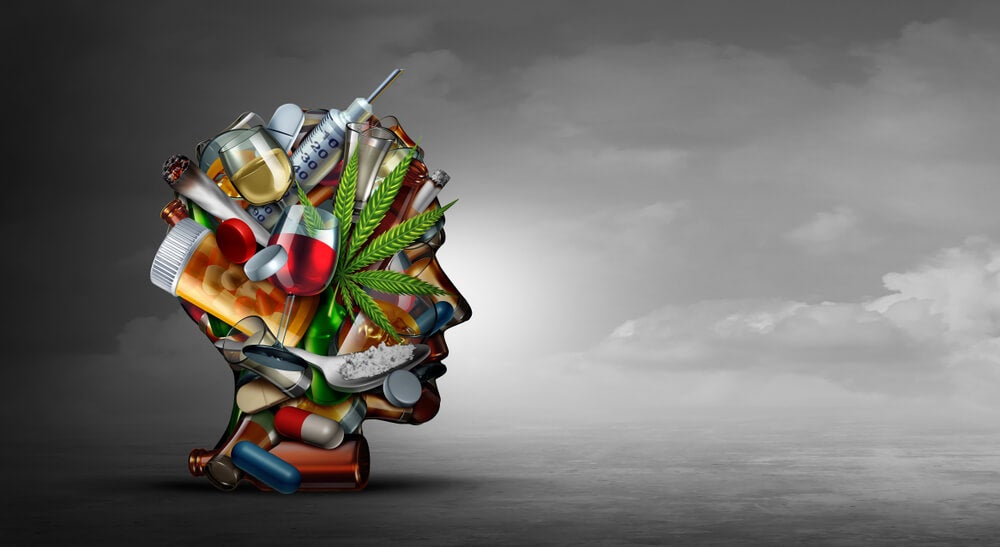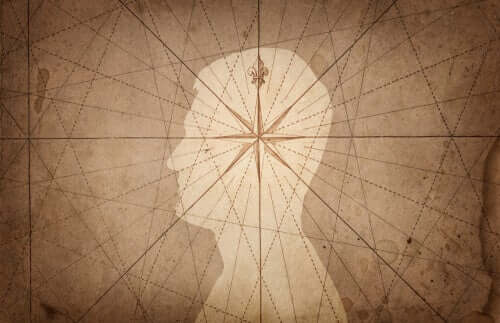The neurobiology of addiction
We can see addiction in many facets of life, the most common and best known of which is addiction, addiction can be defined as a compulsive behavior of seeking and consuming the drug, loss of control to limit its use and the appearance of a negative emotional state. for not having the drug, but what […]








